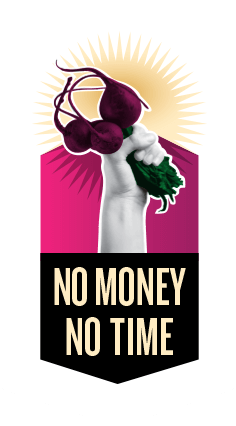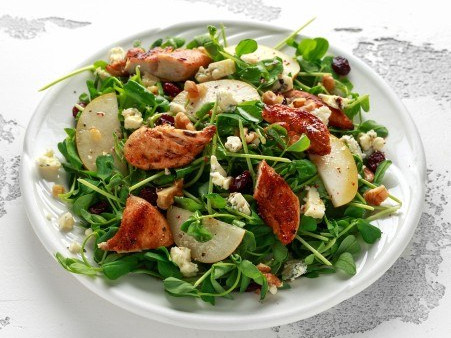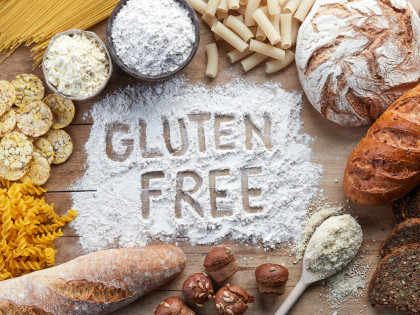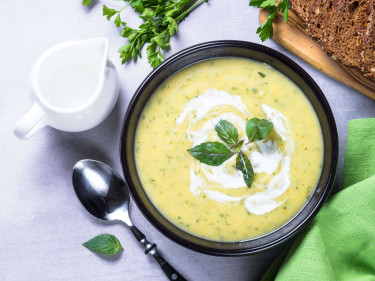Serves = 4
Chicken
- 2 large chicken breasts
- ¼ cup honey
- 2 tablespoons of dijon mustard
- 2 tablespoons of olive oil
- 1 teaspoon minced garlic
Salad
- 2 heads of cos lettuce, roughly chopped
- 1 cup of cherry tomatoes
- ½ red onion, sliced
- ½ avocado, chopped
- 1 apple, sliced
- ¼ cup walnuts, roughly chopped











